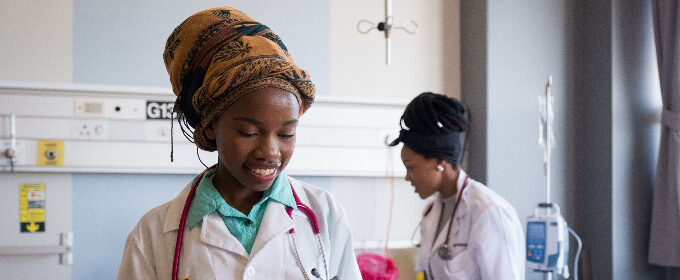There is a public health crisis in young people’s wellbeing. Approximately one in six young people experience high levels of emotional difficulties that are likely to warrant significant additional support. A number of factors can impact wellbeing, and the neighbourhood in which a young person lives is one of them, with differences seen across Greater […]









